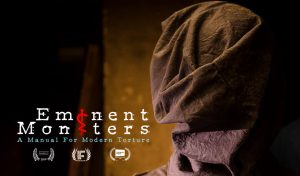We are very pleased to announce that the next issue of the iIIRG’s journal Investigative Interviewing: Research and Practice (Vol 5, Issue 1) is now available via the iIIRG website. As always, the issue is free to all members, you just need to log-in to access and download each article. We have also introduced a new feature that allows non-members to purchase a single article for a very competitive price compared to other journals.
We sincerely hope you like the new format, but it is new and whilst we have spent many days with the web designers ensuring everything runs smoothly, as always with new formats, there may well be some technical issues. If you have any difficulty whatsoever, please do let us know at enquiries@iiirg.org.



